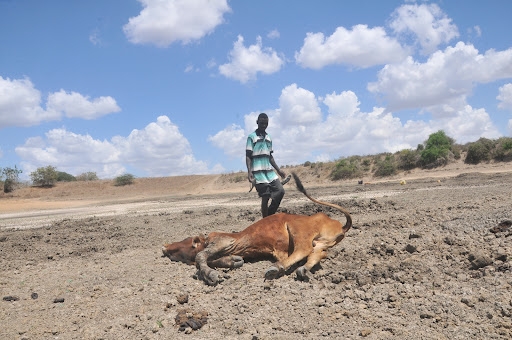The government will set aside Sh1 billion for the production of edible oils in the next five years.
The project which will be piloted in six targeted counties will have 200,000 acres of land put under sunflower production this year.
At least 500 metric tonnes of sunflower seeds will be planted.
President William Ruto said the government has raised productivity in key food and other value chains to turn agricultural production around.
The chains include edible oils, rice, cotton, dairy, beef and leather value chains.
This is in addition to boosting the tea sector and revamping underperforming and collapsed export crop value chains like coffee, cashew, pyrethrum, avocado and macadamia.
He spoke during the official opening of the Nairobi International Trade Fair at the Jamhuri grounds.
Ruto said his government is also investing in the cultivation of palm oil, sunflower, canola and soya beans.
“We project to increase the annual domestic production of edible oils from 80,000 metric tons currently to 240,000 metric tons over the next five years. This will reduce our dependency on imports and save the economy Sh100 billion annually,” Ruto said.
Agriculture Principal Secretary Kello Harsama said the government will be buying 500 metric tonnes of sunflower seeds under edible oils programme.
“This will give seeds to be planted next year in close to one million acres of land under,” he said.
said the PS adding that Kenya imports edible oils at a cost of Sh100,000 billion every year,” Harsama said.
He said the plan is to make Kenya self-sufficient in edible oils in the next five years.
“This is part of the Kenya Kwanza government’s road map to reduce imports in all the sub-sectors within the agriculture sector including in the maize, edible oils, sugar and rice sub sectors," Harsama said.
The government is also leasing out idle land held by public institutions to private investors under the Land Commercialisation Initiative.
This will significantly increase the area of land available for farming.
According to statistics from the Ministry, Kenya imports 95 percent of its edible oil requirements.
Many oil-seeds such as sunflower, simsim, soya beans, rapeseed, coconut, castor and groundnuts can be grown and processed locally.
He said the government has put in place incentives in favour of importation of oilseed as raw material as opposed to processed or finished goods.
In addition, investors can consider oil crop plantations, oil processing and high quality packaging for export.
Harsama said the government will spend more than Sh42 million to support farmers in Mombasa, Tana River, Kilifi, Kwale, and Taita Taveta counties to plant edible oil crops.
For farmers to access the sunflower seeds, he said farmers will use the e-voucher input subsidy services.
200 metric tons of assorted canola seeds, sunflower, soya, and 10,000 coconut seedlings will be disbursed at a cost of Sh42 million.
This will go towards supporting 840 farmers as loans in Kwale, Mombasa, Taita Taveta Tana River and Kilifi Counties under the National Edible Oil Crops Project.
The PS added that in the 2023/24 financial year, the government allocated Sh134 million to the Edible Oil Crops Promotion Project.
“He urged county governments to come on board and to dip into the fund to procure planting material and build the capacity of local farmers to produce edible oil crops.
















